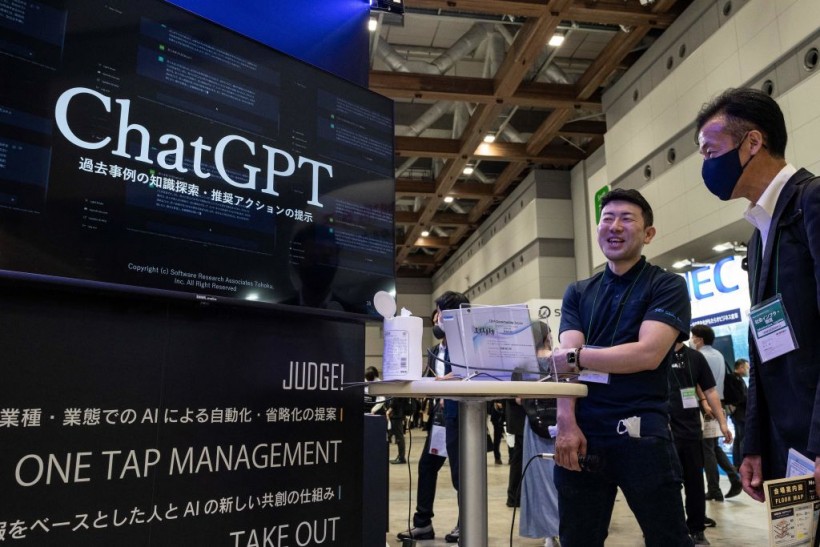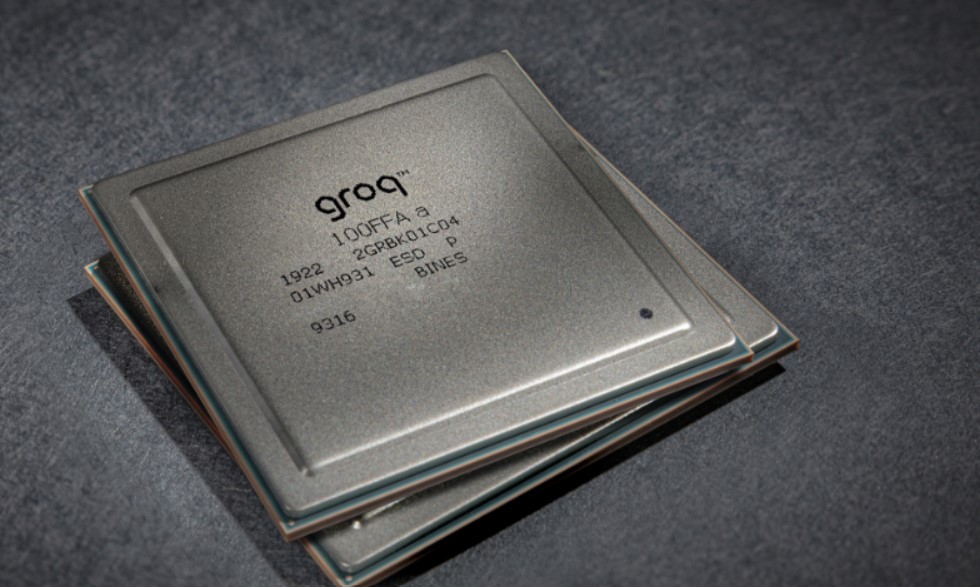Expanding its global footprint, OpenAI is venturing into Japan with the inauguration of a new office in Tokyo and the development of a GPT-4 model tailored specifically for the Japanese language.
This move holds significant implications, highlighting OpenAI's strategic endeavor to engage with the Japanese market and emphasizing the necessity of localizing its technology for diverse linguistic contexts. Moreover, as discussions around the benefits and drawbacks of AI intensify globally, establishing a physical presence enables OpenAI to actively navigate regulatory landscapes and shape public discourse in its favor.
While OpenAI commands considerable brand recognition, it faces competition in the Japanese market, notably from SoftBank's SB Intuitions venture, which seeks to harness the growing interest in AI within the enterprise sector.
Despite its lofty valuation of approximately $80 billion, OpenAI operates with a relatively modest workforce of 1,200 employees worldwide, prompting a strategic focus on scaling to meet escalating demand. Tokyo marks OpenAI's inaugural office in Asia and its fourth globally, complementing existing bases in London, Dublin, and San Francisco.
CEO Sam Altman underscores Japan's technological legacy and strategic importance in the decision to establish a foothold in the region. Japan's prominence in AI innovation, coupled with its leadership in global AI governance initiatives, further solidifies its significance in OpenAI's expansion strategy.
Leading the charge at OpenAI Japan is Tadao Nagasaki, a seasoned veteran with over a decade of experience at Amazon Web Services (AWS). Nagasaki's appointment underscores OpenAI's commitment to bolstering its enterprise presence and fostering strategic partnerships within the Japanese market.
As president of OpenAI Japan, Nagasaki's mandate includes building a formidable local team to drive business growth and deepen engagements with Japanese enterprises. Notable clients such as Daikin, Rakuten, and Toyota are already leveraging OpenAI's enterprise-grade ChatGPT solution, which offers enhanced privacy, data analytics, and customization capabilities.
The introduction of a GPT-4 model optimized for Japanese signifies a significant milestone, promising improved performance and cultural sensitivity in language comprehension. Early access to the custom model will be extended to select local businesses, with broader availability through the OpenAI API slated for the coming months.





